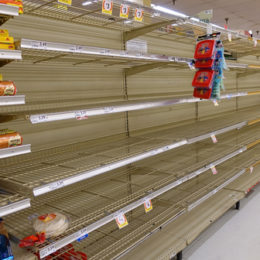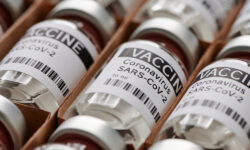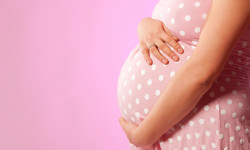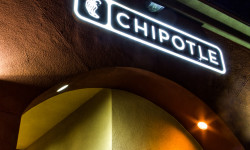Putting Purchases into Perspective During a Pandemic

When disaster strikes, how much does it matter that last hand soap on the shelf is organic?
Judging by the pictures circulating social media, the answer is a resounding no. As the coronavirus spreads across the globe, cleanliness and preparedness have become paramount in fighting the disease. For most, this means stocking up on everything from food to disinfectants and cleaning supplies.
Cleaning products were some of the first necessities swept from shelves when the virus’ impact extended into grocery stores. The first items to go weren’t the “organic” products promising to be free of harsh chemicals made from “natural” ingredients. No, the first products bought were brand name products that have a proven record of getting the job done, regardless of their chemical composition.
The same can be said of organic fruits, vegetables, and other foods. The sourcing of food becomes second thought when the priority shifts to long shelf life and price. For many, an apple is simply an apple and the adjective used to describe it didn’t matter. Whether that apple came from a small orchard in Maine or shipped from a Central American country became an afterthought.
Disasters bring out survival instincts, which for many equated to trusting science. Despite what many anti-GMO activists may try to tell us, non-organic products are safe and wouldn’t be allowed on shelves otherwise. Conventional wisdom tells us the big picture is what matters most and that includes family, safety, and supplies —regardless of what’s on the label.
The Center for Accountability in Science advises readers to stay safe and adhere to the CDC’s guidelines and recommendations. Also, if you decide to make your own supplies, make sure to stay away from these dangerous combinations and leave the chemistry to the real scientists.





